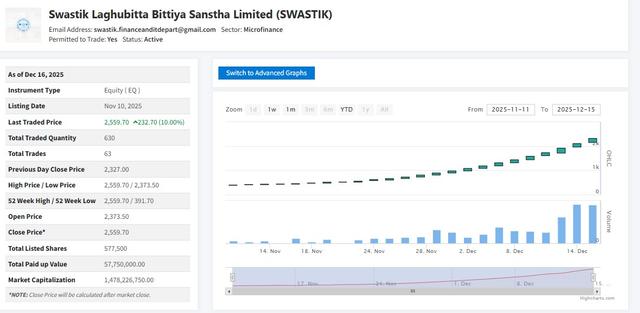Israel-Iran Conflict Shakes Global Markets as Oil Prices Surge; Risk of Inflation Looms for Import-Dependent Countries like Nepal
Author
NEPSE TRADING

The recent military conflict between Israel and Iran has triggered turmoil in global financial markets, raising concerns of a wider economic impact, especially for fuel-importing nations like Nepal. Following Israel’s attack on Iran’s nuclear facilities and Iran’s subsequent response, several Gulf stock markets saw sharp declines on Sunday, according to international news agency Reuters.
The situation escalated after Israel launched a missile strike on Iran early Friday morning. As reported by the BBC, this attack caused oil prices to spike, with some companies raising prices by more than 10%. Market analysts expressed concerns that a prolonged conflict could disrupt Iran’s oil supply, further tightening global energy markets.
The rise in crude oil prices has direct implications on everything from food supply chains to transportation costs. Although prices slightly retreated after the weekend’s missile and drone exchanges, crude oil is still trading about $10 higher per barrel compared to last month, maintaining upward pressure on global inflation.
On Friday, international oil prices exceeded $78 per barrel but have since settled near $74.50. However, the current price level remains significantly elevated and may continue rising if tensions persist. This echoes the economic shock seen after Russia invaded Ukraine three years ago, which also drove up global fuel and food prices.
Iran, a major member of the Organization of the Petroleum Exporting Countries (OPEC), produces around 3.3 million barrels of oil per day and exports more than 2 million barrels. Any significant damage to Iran’s oil infrastructure could severely impact global supply and drive up pump prices worldwide.
Reuters warned that oil-importing nations like Nepal could be especially vulnerable. A spike in international oil prices would lead to higher fuel costs domestically, with cascading effects on transportation, agriculture, and consumer goods.
Israeli officials have briefed media on the possibility of further targeting Iran’s oil infrastructure, raising fears of broader economic consequences. If such strikes materialize, global oil supply could tighten, sending fuel prices even higher and pushing inflation in energy-dependent countries.
In summary, while the immediate military consequences of the Israel-Iran conflict are unfolding in the Middle East, the economic ripple effects—especially through oil—could have global consequences, and countries like Nepal may soon feel the pressure through rising fuel and commodity prices.



